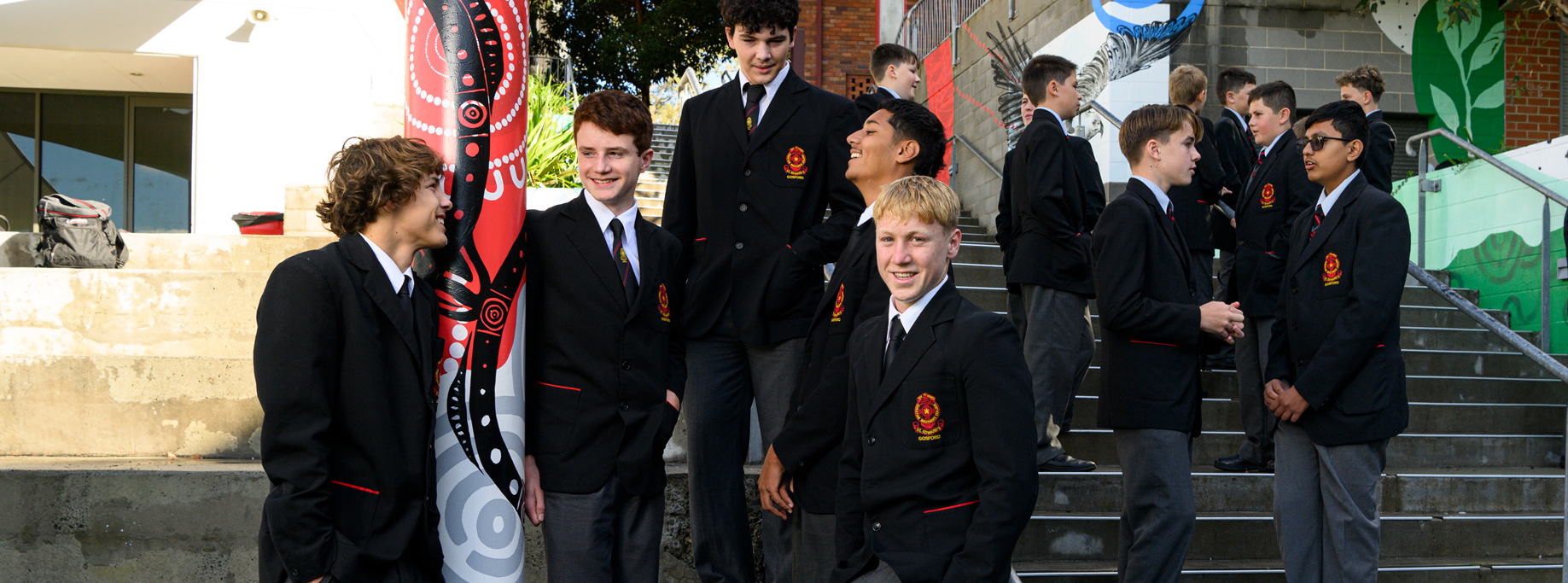
Balson’s resourcefulness message is just as apt today. Coping with change, dealing with small losses, handling rejection and overcoming disappointment are the types of experiences that build a child’s or young person’s inner resources.
Developing resourcefulness is the appropriate approach to take when considering the disruptive impact that coronavirus is having on kids’ lives. A child who is struggling to come to grips with the changes brought about by the pandemic initially needs an emphatic, supportive approach. They also need encouragement to tap into their inner resources to help them manage the hard times. The following strategies will help develop your child or young person’s inner resources.
Give Them a Chance to be Resourceful
Harry, age 10, often leaves his lunch at home. His father, who works from home, won’t take forgotten items to school. Harry either misses lunch or persuades his friends to share their lunches with him. Either way, when Harry leaves his lunch at home he’s forced to rely on his emotional or physical resourcefulness to get by. And he does.
Catch Them Being Resourceful
A child’s behaviours that gain a parent’s attention generally expand. Highlight a child’s good manners, acts of kindness or honesty and you’re more likely to get a repeat of those behaviours. Positive parental recognition is a high motivator for most kids. To encourage your child’s resourcefulness, focus your attention and positive comments on acts of resourcefulness and resilience they exhibit.
Encourage Creativity
Sylvia, age 13 walked to school each day, saving her bus fare to spend on clothes that were out of reach of her parents’ budget. Sylvia found a way to overcome her money problem in her own way. Children and young people usually come up with very creative solutions when they’re allowed to own their problems.
Develop Coping Skills
Kids rely on their coping skills to help them manage their emotional states when life throws them curve balls. Build your child’s set of coping skills through direct teaching, modelling and discussion. Humour, distraction, relaxation, exercise, play and thought-distancing are some of the more common coping skills kids can use to help them tolerate their difficult feelings.
The resourcefulness a child develops when they experience adversity doesn’t desert them when life returns to normal. It waits in the background, ready to be drawn upon again when hardships, frustrations and difficulties come their way.







